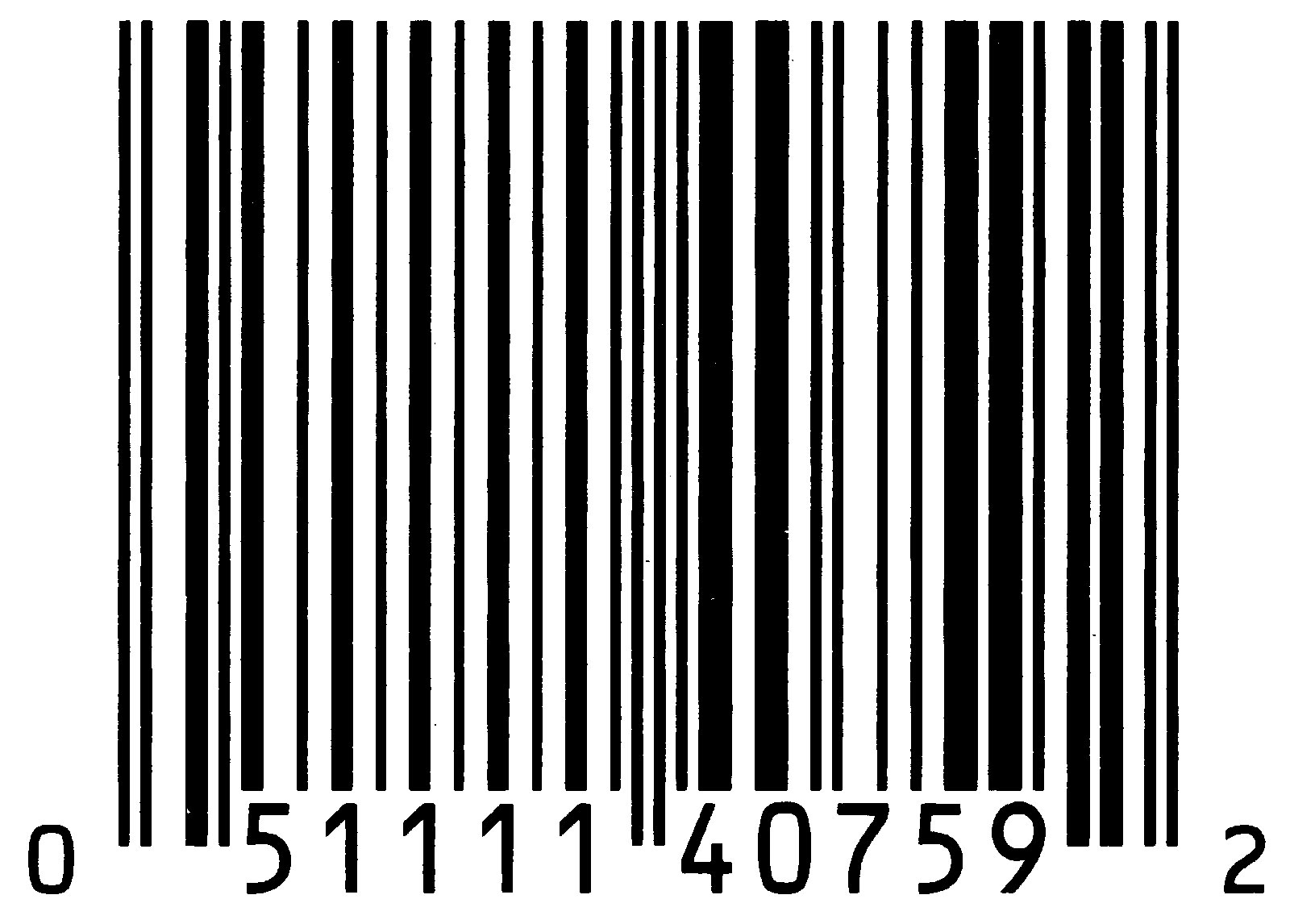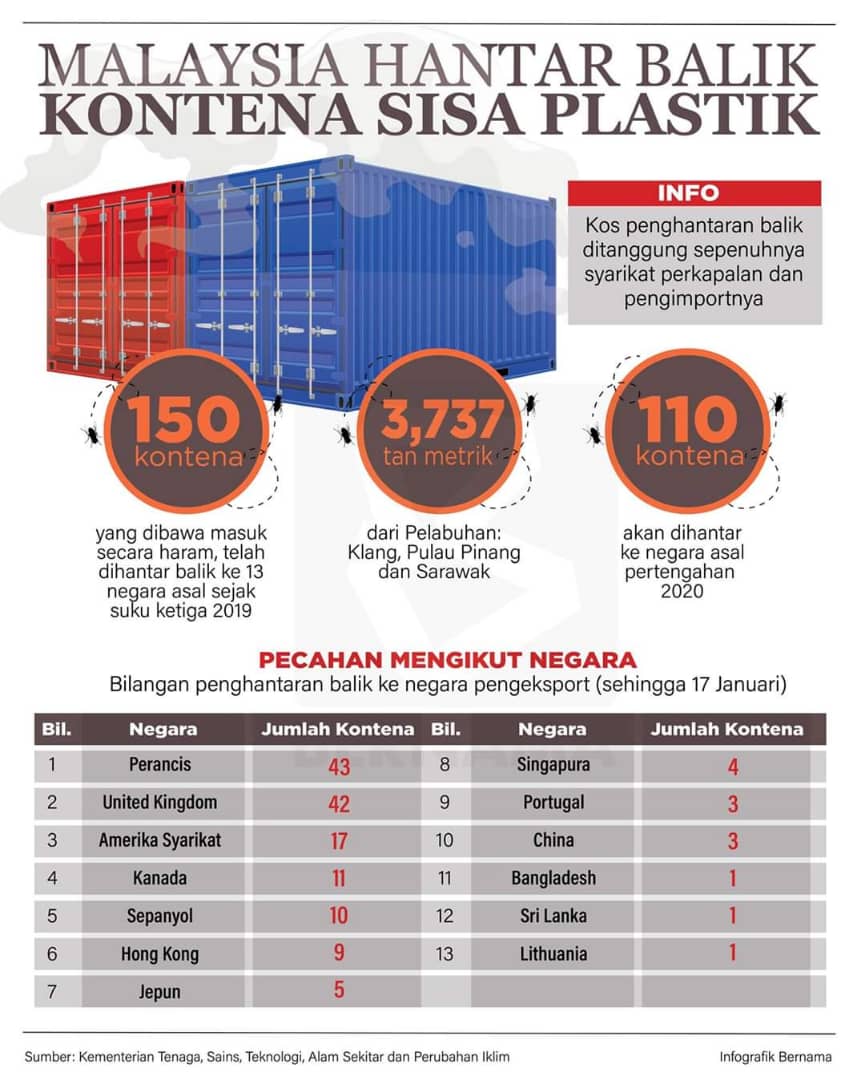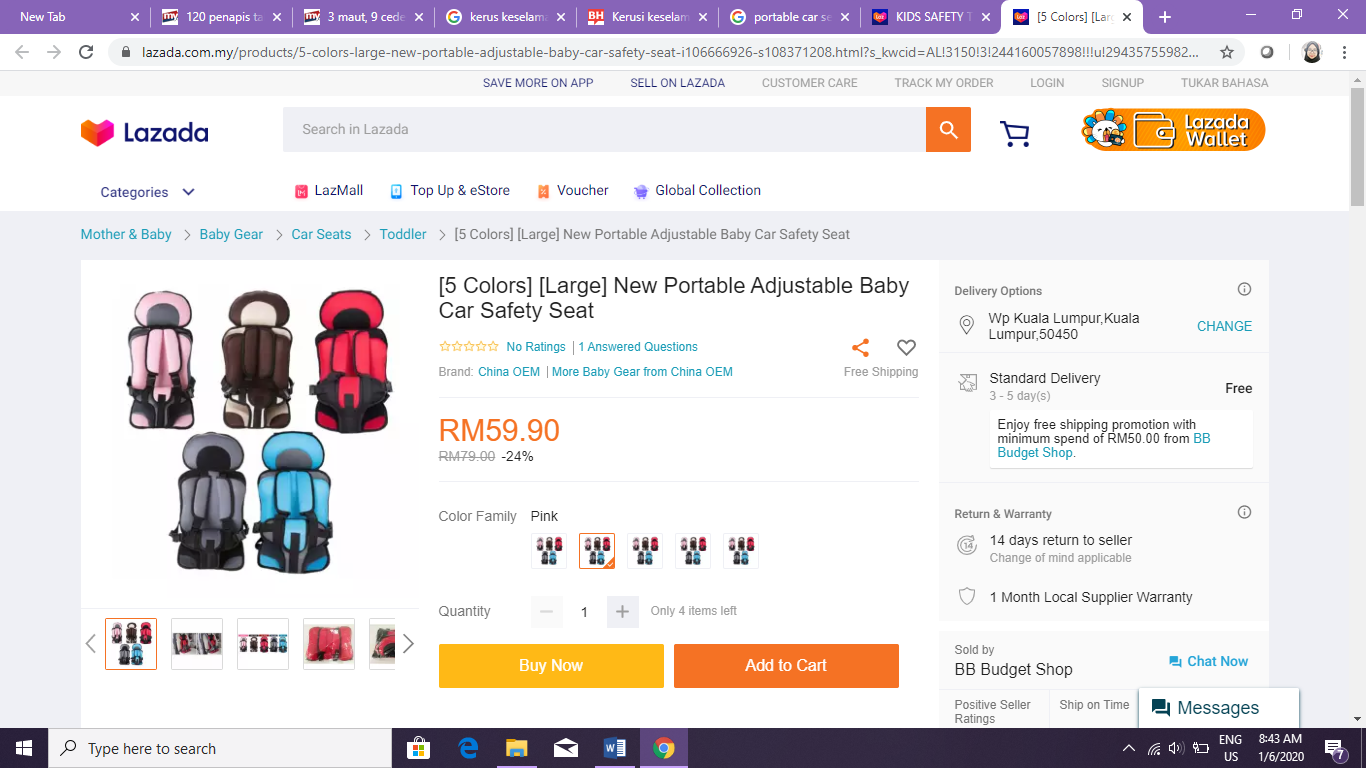NCCC: Irresponsible traders, Baskaran Sithamparam
- Details
Our nation is going through turmoil in the form of health bugs. First ,it was the influenza bug and now the corona virus. The former dilemma, the nation ran short of vaccine. The latter on the other came in the form of shortage of face mask.
The government has declared the face masks as price control item and price fixed at:
1. One layer face mask at RM7.00 per box retail price
2. Two layer face mask at RM10 per box / 20 sen per unit retail price
3. Three layer mask – 80 sen per unit retail price
4. N95 – RM6 per unit retail
Read more: NCCC: Irresponsible traders, Baskaran Sithamparam
NST: Other global health crises reported in Malaysia
- Details
KUALA LUMPUR: In just 10 days after Malaysia recorded its first case of 2019-nCoV coronavirus infection on Jan 25, 12 people have tested positive up to yesterday.The first three cases involved Chinese nationals who arrived in Johor from Singapore on Jan 23, while the most recent cases comprised two Malaysians evacuated from Wuhan, China, on Tuesday.Three Malaysians have tested positive for the virus, with the remaining cases involving Chinese nationals.Dubbed the Wuhan virus, in reference to the Chinese city of Wuhan in Hubei province where the virus was first detected, the virus has gripped the world in fear, with a growing threat to a country’s economy and its people’s wellbeing.
On Jan 30, the World Health Organisation declared a global health emergency as the virus poses a threat to countries with weak healthcare systems.This is not the first time that Malaysia had been shaken by a global health crisis.The first human Japanese encephalitis (JE) case (a vectorborne zoonotic disease caused by the Japanese encephalitis virus) was reported in Malaysia during World War 2 in a British prison in 1942.JE had four major outbreaks, namely in Langkawi in 1974, Penang (1988), Perak and Negri Sembilan (1998 - 1999) and Sarawak (1992).According to WHO, Malaysia has between nine and 91 reported cases of JE each year.
Read more: NST: Other global health crises reported in Malaysia
NST : Masks still out of stock in some areas
- Details
KUALA LUMPUR: The demand for surgical face masks and hand sanitizers nationwide continues to rise as fears over the novel coronavirus (2019-nCov) mounts. With the two items being out of stock for close to two weeks, consumers are growing anxious over when the goods will be restocked and available for sale. A member of the public, Faezatul Adilah A. Sabri, 26, is hoping that the items will be available soon.
“Nowadays, it is extremely difficult to get face masks. I’ve searched high and low and went to many pharmacies around Damansara for these items and they’re all sold out.
“When I asked when will they be restocked, the retailers cannot give me a definite answer, saying they are also waiting for suppliers to update them. “I really hope they will find a solution to this as soon as possible, as people are getting more anxious and worried every day,” she said. Faezatul, who works in the media industry, said for now, she is doing her best to avoid crowded areas. “I just stay indoors if I don’t have any activities or work that require me to go outside. At this point in time, no matter how scary the situation is, I believe people should stay calm and remain indoors as much as they can,” she said.
READ UR BARCODE RIGHT !
- Details
PLEASE PAY ATTENTION -THIS IS SO TRUE: HOW TO READ BAR CODES... (everyone must know)
ALWAYS READ LABELS ON THE FOODS YOU BUY--NO MATTER WHAT THE FRONT OF THE BOX OR PACKAGE SAYS, TURN IT OVER AND READ THE BACK CAREFULLY!
With all the food and pet products now coming from China, it is best to make sure you read label at the supermarket and especially when buying food products. Many products no longer show where they were made, only give where the distributor is located. The whole world is concerned about China-made "black-hearted goods".
Can you differentiate which one is made in Taiwan or China ? The world is also concerned about GMO (Genetically Modified Organism) foods; steroid fed animals (ex: 45 days old broiler chicken).
It is important to read the bar code to track its origin. How to read Bar Codes....interesting !
thedgemarkets: Higher water tariff necessary to upgrade infrastructure
- Details
KUALA LUMPUR (Jan 29): The government's proposal to raise the water tariff has elicited mixed response from the public. Academics, however, contend that the increase is justified if the extra revenue generated is used to upgrade the water industry's infrastructure and provide better services to consumers.Early last year after the government announced its proposal to increase the water tariff to restructure the water supply services industry, six state governments agreed to it.
It has been reported that the revised water tariff will be presented to the Cabinet for approval soon.The current water tariff is RM1.38 per 1,000 litres of water.On Jan 5, Water, Land and Natural Resources Minister Datuk Dr Xavier Jayakumar said states that have not agreed to the tariff hike proposal have been asked to submit to his ministry their respective mechanisms to provide clean water supply to consumers.He said this was because the cost of preparing and managing treated water was high and remedial action has to be taken to address water disruptions.
FACTORS TO CONSIDER
Read more: thedgemarkets: Higher water tariff necessary to upgrade infrastructure
MESTECC: Penghantaran balik kontena sisa plastik memberangsangkan
- Details
KUALA LUMPUR - Penghantaran semula kontena mengandungi sisa plastik yang dicemari bahan buangan terjadual ke negara pengeksport mencatatkan jumlah amat memberangsangkan, kata Menteri Tenaga, Sains, Teknologi, Alam Sekitar dan Perubahan Iklim (MESTECC), Yeo Bee Yin.Bagaimanapun, beliau berkata, statistik dan maklumat penuh mengenai perkara itu hanya akan diumumkan beliau pada sidang media di Pulau Pinang, 20 Januari ini."Apa yang kita buat ialah dalam sejarah dunia ini adalah kali pertama secara besar-besaran satu negara memulangkan balik kontena sisa plastik ini kepada negara asal."Walaupun kita telah mengambil masa yang panjang tapi kita telah mencapai apa yang tidak dicapai negara lain," katanya selepas melawat Wisma Bernama sempena sambutan Tahun Baharu Cina di sini hari ini.
Read more: MESTECC: Penghantaran balik kontena sisa plastik memberangsangkan
WEFORUM: The next wave of consumer advocacy
- Details
Consumer rights developed thanks to grass-roots networks putting pressure on companies.Today they cover treatment and protection of the consumer experience, as well as the safety and sustainability of our health and environment.Consumer advocacy can play a role in instigating the changes required to tackle the climate crisis.The Davos Manifesto starts with consumers – and rightly so. It has taken decades for consumers to be recognised as an essential stakeholder with an independent voice and rights. For a fair, safe and sustainable economy, it’s time to empower, inform and activate consumers and build a more balanced and engaged relationship with companies, suppliers and legislators.
Have you read?
Scarcity and growth: our world's contradictory terrors
Most fish consumers support a ban on fishing endangered species, poll finds
The beginnings of consumer rights
Many of us can now take for granted the kitemarks and audits that maintain basic product safety for billions. But in the 1960s, as mass production developed in the West and companies grew their local and global power, consumers were a huge but disorganized economic group, with no collective voice to be heard by decision-makers in companies or government.Over time, consumer rights, legislation, standards bodies, watchdogs, testing, labelling and information schemes established an organized consumer protection foundation. With grass-roots networks and international presence, consumer advocates kept up pressure on companies who exploited poorer consumers, polluted rivers or damaged air quality.
NST : Let's use less plastic, Mr Baskaran Sithamparam, FOMCA
- Details
Government and non-governmental organisations (NGOs) are working to educate the public on the effects of plastic on humans and flora and fauna.It is ultimately up to us to conserve the environment by not using plastic. Over the past few years, the government and other authorities have taken steps to clamp down on the use of plastics. The use of Styrofoam packages has been minimised as not many eateries are providing them. Besides that, shoppers used to pay 20 sen for each plastic bag bought at shopping malls on Saturdays. Now, they pay 20 sen regardless of the day. This has instilled better awareness in Malaysians to bring their own bags when they go shopping.The use of plastic straws is also declining as many eateries are not offering them. Many customers who buy food from stalls and restaurants are bringing their own containers, especially stainless steel containers. This is practised by the dabbawalas in India, who deliver lunches. Stainless steel containers keep the food warm and are healthier. Malaysians should use their own containers when buying takeaways. Eateries should give a discounted rate to those who bring containers.Malaysia chaired the inaugural Sustainable Development Goals (SDGs) summit in November, so it will be good for us to start the year by eradicating plastic waste. Of the 17 SDGs, not one focuses on plastic or plastic waste. Goal No. 3 of the SDG is to ensure healthy lives and promote well being for all.
One of its goals is to reduce the number of deaths and illnesses from hazardous chemicals and air, water and soil pollution and contamination by 2030. Since plastic cannot biodegrade, it will be ever present in the air, water and soil unless we eliminate plastic waste. Similarly, goal No. 12 is to ensure sustainable consumption and production patterns. Among its goals is to achieve the environmentally-sound management of chemicals and waste, reducing their release into air, water and soil. Other SDGs include goal No. 6 on water and sanitation; No. 13 (climate action); No. 14 (life below water) and No. 15 (life on land). These touch on the environment and provide humans and living things with livable surroundings. The issue that consumers need to look at is waste management and for the authorities to collect and dispose of plastic waste at recycling centres. It sounds simple, but if we play our part, we can leave the next generation a plastic waste-free nation.
Read more: NST : Let's use less plastic, Mr Baskaran Sithamparam, FOMCA
FOMCA: MEMORANDUM PENGUATKUASAAN UNDANG-UNDANG KERUSI KESELAMATAN KANAK-KANAK DI MALAYSIA
- Details
Oleh Gabungan Persatuan-Persatuan Pengguna Malaysia (FOMCA) dan Persatuan Pengguna-pengguna Standard Malaysia (Standards Users)
LATAR BELAKANG
Menteri Kementerian Pengangkutan (MOT) telah mengeluarkan kenyataan kerajaan akan mewajibkan peraturan pemasangan kerusi keselamatan kanak-kanak (Child Restraint System: CRS) dalam setiap kereta persendirian pada tahun 2020.Sepatutnya, cadangan awal untuk mewajibkan pemasangan kerusi keselamatan bayi adalah pada tahun 2018 tetapi selepas perbincangan dengan Institut Penyelidikan Keselamatan Jalan Raya Malaysia (MIROS), mereka dapati industri belum bersedia (dari segi ) tidak cukup bekalan dan tidak cukup stok. Kementerian juga mahu memastikan kos (kerusi bayi) lebih mampu untuk pengguna.
Pihak Gabungan Persatuan-persatuan Pengguna Malaysia (FOMCA) dan Persatuan Pengguna-pengguna Standard Malaysia (Standards Users) dimaklumkan pada 11 Januari 2019, semasa mesyuarat CRS di bangunan Kementerian Pengangkutan, MIROS telah dipertanggungjawabkan untuk melakukan penyelidikan kajian kelayakan penggunaan CRS dan mengeluarkan garis panduan dan piawaian penggunaan kerusi keselamatan kanak-kanak. Garis panduan tersebut telah dibentangkan pada Mei 2019.Namun pada 7 Oktober 2019, ketika Mesyuarat Agung Tahunan Majlis Keselamatan Jalan Raya (MKJR), MIROS tidak membentangkan garis panduan tersebut. Beberapa ahli jawatankuasa Majlis Keselamatan Jalan Raya (MKJR) mendapati terdapat beberapa permasalahan di dalam garis panduan tersebut tetapi tiada maklumbalas dari pihak MIROS.
Pada 23 Oktober 2019, MIROS telah membuat pelancaran garis panduan tanpa mengambil kira pandangan daripada mana-mana pihak yang berkepentingan. Oleh itu, pada 7 November 2019, Child Passenger Safety Malaysia (CPSM) sebuah badan NGO telah menjemput FOMCA dan beberapa wakil pengedar/pengimport untuk hadir mesyuarat bersama Jabatan Pengangkutan Jalan (JPJ) Bahagian Kejuruteraan Automotif. Hasil daripada mesyuarat tersebut, JPJ menyatakan pihak mereka tidak dimaklumkan mengenai garis panduan yang dikeluarkan oleh MIROS, malah JPJ turut menyatakan perkara yang paling penting adalah kelulusan Component Type Approval (CTA) daripada JPJ sebelum membawa masuk CRS ke pasaran Malaysia.
Read more: FOMCA: MEMORANDUM PENGUATKUASAAN UNDANG-UNDANG KERUSI KESELAMATAN KANAK-KANAK DI MALAYSIA
FOMCA: MEMORANDUM PENGUATKUASAAN UNDANG-UNDANG KERUSI KESELAMATAN KANAK-KANAK DI MALAYSIA
- Details
Oleh Gabungan Persatuan-Persatuan Pengguna Malaysia (FOMCA) dan Persatuan Pengguna-pengguna Standard Malaysia (Standards Users)
LATAR BELAKANG
Menteri Kementerian Pengangkutan (MOT) telah mengeluarkan kenyataan kerajaan akan mewajibkan peraturan pemasangan kerusi keselamatan kanak-kanak (Child Restraint System: CRS) dalam setiap kereta persendirian pada tahun 2020.Sepatutnya, cadangan awal untuk mewajibkan pemasangan kerusi keselamatan bayi adalah pada tahun 2018 tetapi selepas perbincangan dengan Institut Penyelidikan Keselamatan Jalan Raya Malaysia (MIROS), mereka dapati industri belum bersedia (dari segi ) tidak cukup bekalan dan tidak cukup stok. Kementerian juga mahu memastikan kos (kerusi bayi) lebih mampu untuk pengguna.
Pihak Gabungan Persatuan-persatuan Pengguna Malaysia (FOMCA) dan Persatuan Pengguna-pengguna Standard Malaysia (Standards Users) dimaklumkan pada 11 Januari 2019, semasa mesyuarat CRS di bangunan Kementerian Pengangkutan, MIROS telah dipertanggungjawabkan untuk melakukan penyelidikan kajian kelayakan penggunaan CRS dan mengeluarkan garis panduan dan piawaian penggunaan kerusi keselamatan kanak-kanak. Garis panduan tersebut telah dibentangkan pada Mei 2019.Namun pada 7 Oktober 2019, ketika Mesyuarat Agung Tahunan Majlis Keselamatan Jalan Raya (MKJR), MIROS tidak membentangkan garis panduan tersebut. Beberapa ahli jawatankuasa Majlis Keselamatan Jalan Raya (MKJR) mendapati terdapat beberapa permasalahan di dalam garis panduan tersebut tetapi tiada maklumbalas dari pihak MIROS.
Pada 23 Oktober 2019, MIROS telah membuat pelancaran garis panduan tanpa mengambil kira pandangan daripada mana-mana pihak yang berkepentingan. Oleh itu, pada 7 November 2019, Child Passenger Safety Malaysia (CPSM) sebuah badan NGO telah menjemput FOMCA dan beberapa wakil pengedar/pengimport untuk hadir mesyuarat bersama Jabatan Pengangkutan Jalan (JPJ) Bahagian Kejuruteraan Automotif. Hasil daripada mesyuarat tersebut, JPJ menyatakan pihak mereka tidak dimaklumkan mengenai garis panduan yang dikeluarkan oleh MIROS, malah JPJ turut menyatakan perkara yang paling penting adalah kelulusan Component Type Approval (CTA) daripada JPJ sebelum membawa masuk CRS ke pasaran Malaysia.
Read more: FOMCA: MEMORANDUM PENGUATKUASAAN UNDANG-UNDANG KERUSI KESELAMATAN KANAK-KANAK DI MALAYSIA
Page 106 of 155



